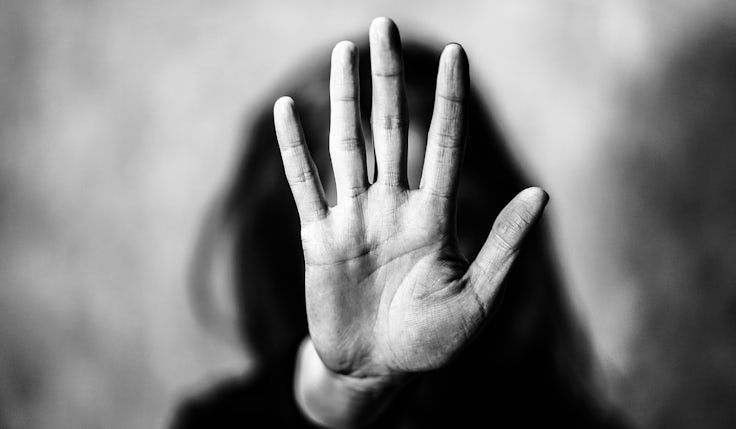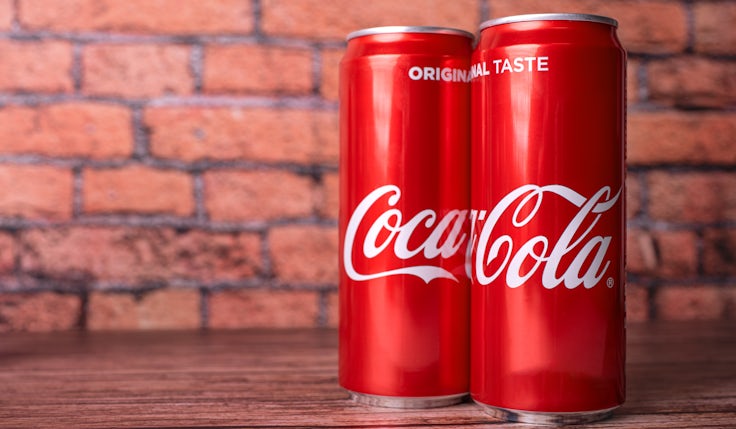Marketers must do more to end toxic masculinity
Sarah Everard was a marketer like us, and we can honour her memory through work and workplaces that exclude violence from the definition of masculinity.
 On the evening of 8 March this year I took a walk to the local Twickenham Green to lay some flowers on a bench commemorating Amelie Delagrange, a young woman murdered there in 2004. As it turned out, several dozen other people had the same idea. We each of us (women and men) had decided to mark International Women’s Day by acknowledging the killing of Amelie by a male stranger all those years ago and that of Sarah Everard a few days before.
On the evening of 8 March this year I took a walk to the local Twickenham Green to lay some flowers on a bench commemorating Amelie Delagrange, a young woman murdered there in 2004. As it turned out, several dozen other people had the same idea. We each of us (women and men) had decided to mark International Women’s Day by acknowledging the killing of Amelie by a male stranger all those years ago and that of Sarah Everard a few days before.
Sarah was by no means the first women to be killed this year and sadly she won’t be the last, but her death affected huge numbers of people. The fact that so many of us are working from home with one eye on social media and little else to fill our thoughts is of course one reason why it gained so much attention. But it was more than that. For many people, the advice to women in the neighbourhood to stay at home to protect themselves before the arrest of the alleged perpetrator, and the circumstances of the killing itself, brought the concept of toxic masculinity into sharp focus – for many people, for the first time.
For gender equality to succeed, men need to see its benefits
I am not in the slightest bit surprised that Everyone’s Invited drew so much attention in the aftermath of Sarah Everard’s death. Girls started to talk about toxic masculinity, think about how it might impact them and share their experiences. And they are horrific. I have heard some commentators dismiss upskirting and groping as “normal” and “boys will be boys”. But it isn’t and there is nothing inevitable about sexual harassment. No boy has to be that type of boy.
It is scary and deeply worrying. It is a societal evil that must be tackled. At its most benign toxic masculinity impinges on male self-esteem and inhibits healthy relationships of all types, at its worst it is killing men and women. It is at the root of so much violence against women and girls, and in my view lie at the heart of the more common violence between men – and, indeed, male suicide.
Violence and male identity
As long as the idea persists that to be a ‘real man’ you need to use your physical power to assert yourself; that violence is the place you start; that you can’t be sensitive, cry or reveal any kind of vulnerability; that women are your playthings and the strong ones are to be avoided, there will be misery and violence. Most men aren’t like that and don’t want to be that, but thinking that is how they have to be is immensely destructive.
So what can we do about it? As individuals, especially as parents, we need to be much more active in teaching our children to respect each other, to building their self-esteem so that they don’t have to seek it by humiliating and asserting power over others. We need to encourage and support schools to create cultures in which everyone understands what is acceptable behaviour and how to call out the unacceptable.
We enter into the lives of our consumers everyday; we proudly influence what they think, feel and do. How about we start using that extraordinary power for good?
But is there anything we as marketers can do? Sarah Everard was literally one of us. Some of us will have known her, or someone who did. And we can do a lot.
In our own workplaces we can have honest conversations about toxic masculinity; we can encourage men in particular to talk about how they can be better allies to women in the workplace, in their lives. In my organisation we have started to have these conversations. I won’t lie, they aren’t easy, but just like the conversations we have been having about race, they are essential if we are to create a truly inclusive, supportive and productive workplace.
But we can tackle this scourge in our work too. We enter into the lives of our consumers everyday; we proudly influence what they think, feel and do. How about we start using that extraordinary power for good?
We should ditch all those harmful stereotypes that continue to feature in too much work – the doofus dad, the nagging wife, the powerful man driving the passive, pretty woman around. Let’s have more representations of men being vulnerable. Let’s stop telling boys how strong they are (or should be) and girls how pretty they are. Let’s tell different stories about what being a man looks like. Some brands have started to, but I would love to seem more take up the challenge.
If we want to honour the memory of Sarah, if we want our children to grow up being comfortable in the company of each other, if we want women to be able to walk home without being attacked, we would do well to think about our own behaviour, our own language and our own work.







